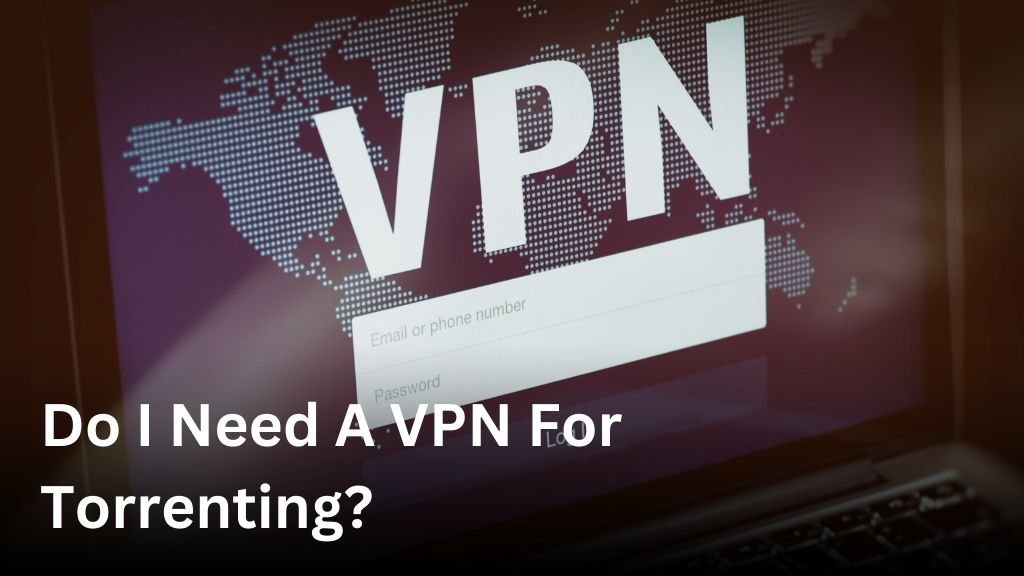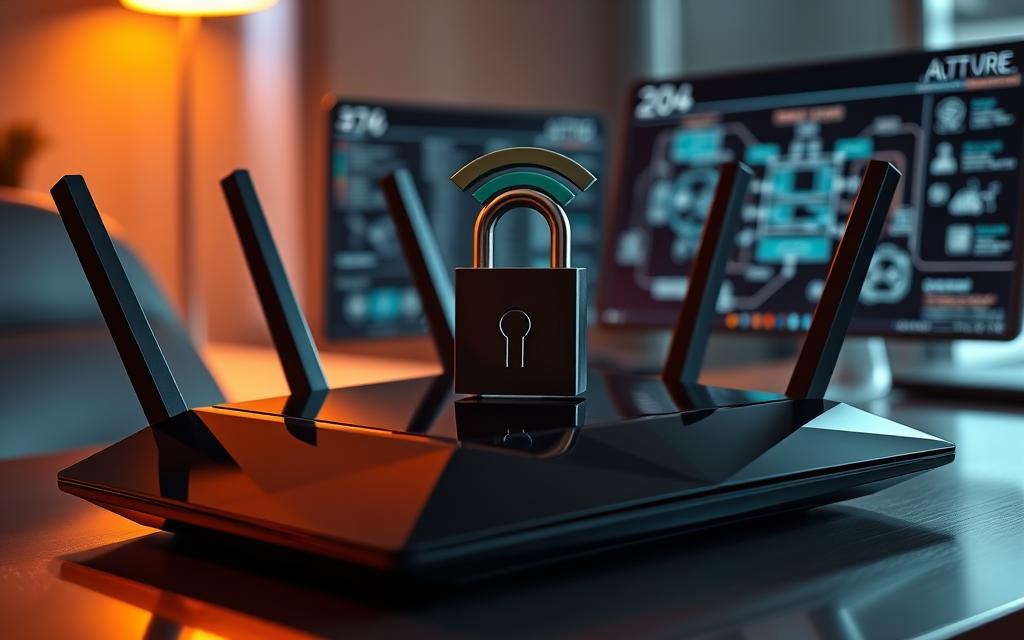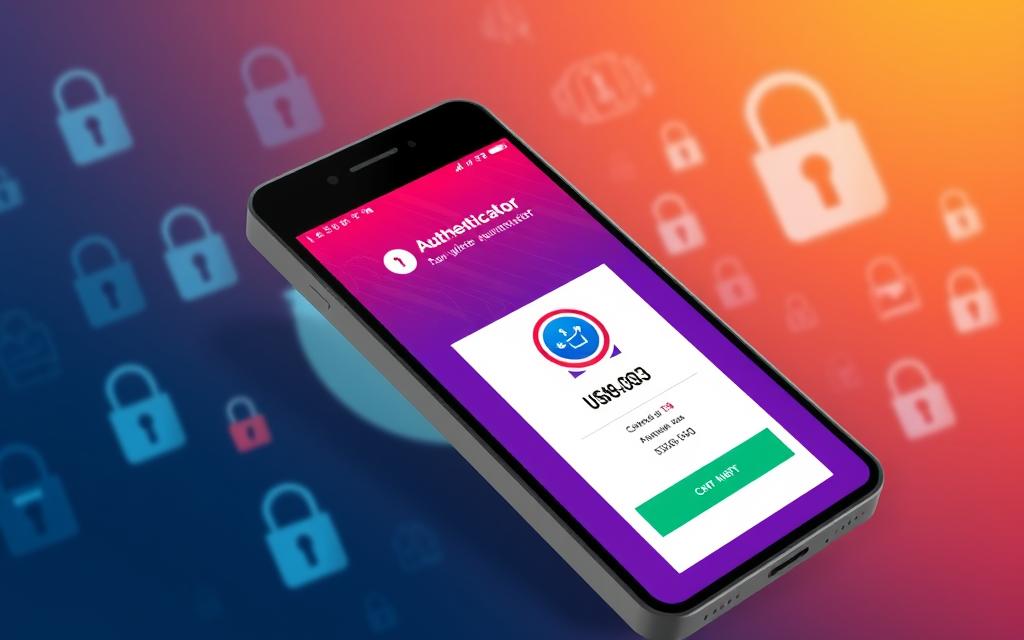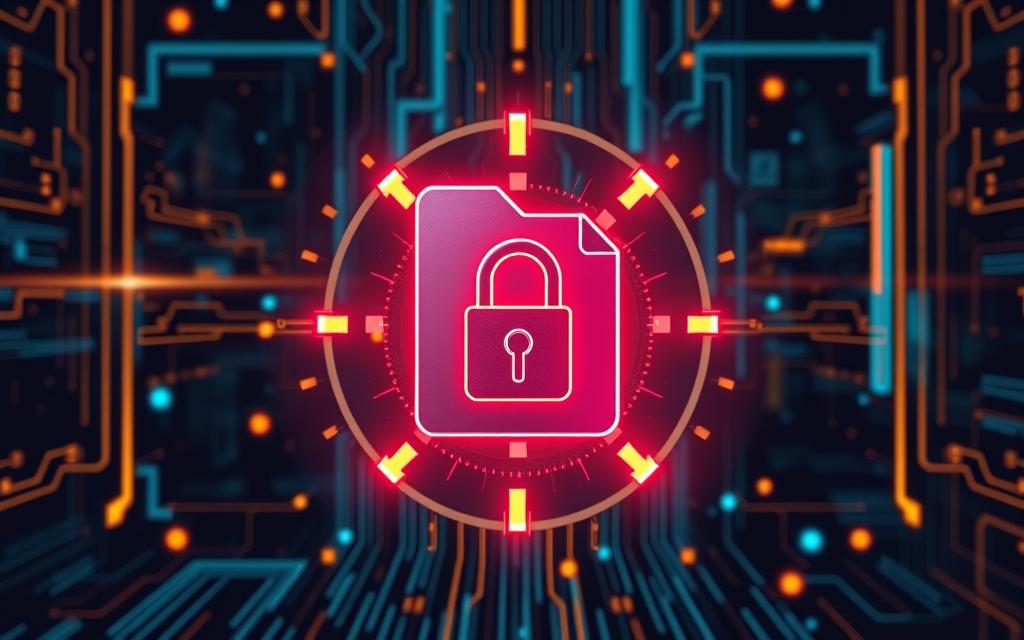Welcome to our guide on the necessity of using a VPN when torrenting. If you’re wondering whether or not you should invest in a VPN for your torrenting activities, you’ve come to the right place. In this article, we will explore the benefits a VPN offers in terms of security and privacy, and how it effectively shields your online activities. Downloading files through torrenting can expose you to various risks, including legal consequences and the potential for hackers to exploit your personal information. However, by using a VPN, you can mitigate these risks and enjoy a safe and secure torrenting experience. In the following sections, we will explain how VPNs work for torrenting, the advantages they provide, and how to choose the best VPN for your needs. We will also guide you through the steps to torrent safely with a VPN and discuss the risks of torrenting without one. By the end of this article, you will have a clear understanding of the importance of using a VPN for torrenting and how it can enhance your security and privacy. Let’s dive in! Understanding Torrenting and the Importance of VPNs Torrenting has become a widely popular method of downloading and sharing files, whether it’s music, movies, or software. However, engaging in torrenting without proper precautions can expose you to various risks and vulnerabilities. When you download files through torrents, your IP address is visible to other users in the peer-to-peer network. This means that your online activities can be tracked by anyone with the right tools and knowledge. Additionally, without a VPN, your internet service provider (ISP) can monitor your torrenting activities and potentially throttle your connection. That’s where VPNs come in. A Virtual Private Network (VPN) creates a secure and encrypted connection between your device and the internet, effectively masking your IP address and protecting your privacy. By routing your internet traffic through a remote server, VPNs make it virtually impossible for anyone to trace your online activities back to you. Using a VPN for torrenting offers several key benefits. Firstly, it provides an additional layer of security by encrypting your internet traffic, making it impossible for hackers or government agencies to intercept your data. Secondly, it ensures anonymity by masking your IP address, making it difficult for anyone to identify you. Moreover, VPNs can help you bypass geo-restrictions, allowing you to access torrent sites and content that may be blocked in your region. This can be particularly useful if you’re trying to download files that are not available in your country. To sum it up, torrenting without a VPN exposes you to privacy risks, legal consequences, and the potential for compromised security. With a VPN, you can enjoy torrenting safely and securely, knowing that your online activities are protected. Protects your privacy and anonymity Encrypts your internet traffic Bypasses geo-restrictions Enhances security and prevents ISP monitoring Ensures a safe and secure torrenting experience How VPNs Work for Torrenting When it comes to torrenting, using a VPN can provide you with an added layer of security and privacy. But have you ever wondered how VPNs actually work in the context of torrenting? Let’s explore the inner workings of VPNs and how they contribute to a safer torrenting experience. Encryption and Data Security One of the key functions of a VPN when torrenting is encryption. Encryption is the process of scrambling your data, making it unreadable to anyone who might intercept it. When you connect to a VPN server, your torrenting activities are encrypted, ensuring that your downloads and uploads remain private and secure. Masking Your IP Address Another important aspect of how VPNs work for torrenting is the ability to mask your IP address. Your IP address is a unique identifier that can reveal your location and online identity. By connecting to a VPN server, your IP address is replaced with that of the VPN server, effectively hiding your true IP address from prying eyes. Role of VPN Servers VPN servers act as intermediaries between you and the websites or peers you’re connecting to while torrenting. When you initiate a torrent download, your torrent client communicates with the VPN server, which then retrieves the requested data on your behalf. This way, your IP address and actual location remain hidden from other peers in the swarm. Other Features of VPNs for Torrenting Aside from encryption, IP masking, and the role of VPN servers, there are other features that VPNs offer for torrenting. Some VPN providers include features like kill switches, which automatically disconnect your internet if the VPN connection drops, preventing your true IP address from being exposed. Additionally, VPNs may offer optimized servers for P2P file sharing, ensuring fast and reliable torrenting speeds. By understanding how VPNs work for torrenting, you can see the benefits they provide in terms of security, privacy, and anonymity. Whether you’re concerned about ISPs monitoring your activities, copyright holders tracking downloads, or simply want to protect your personal information, a VPN can be an invaluable tool for a safe and worry-free torrenting experience. The Benefits of Using a VPN for Torrenting Using a VPN for torrenting comes with a range of benefits that can enhance your overall experience. Here are some compelling advantages of utilizing a VPN while engaging in torrenting: Anonymity: When you connect to a VPN, your true IP address is hidden, and your online activities are encrypted. This ensures that your identity remains anonymous, protecting you from potential prying eyes. Protection against ISP Monitoring: ISPs often monitor their users’ online activities, including torrenting. By utilizing a VPN, you can prevent your ISP from tracking and monitoring your torrenting activities, maintaining your privacy. Bypass Geo-Restrictions: VPNs allow you to bypass geographical restrictions imposed by content providers. With a VPN, you can access and download torrent files from any location, regardless of the restrictions in place. Prevention of Throttling: Internet service providers often throttle or limit the bandwidth for torrenting activities. By using a VPN, your ISP won’t be able to detect your torrenting activities, preventing them





